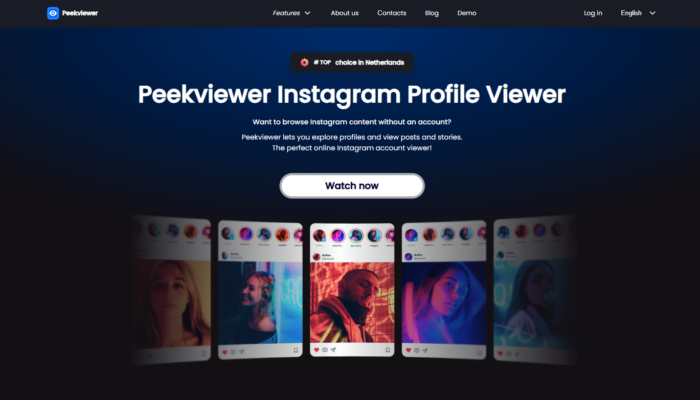Transparency Is Good

There’s an article in today’s Wall Street Journal, “Venture Firms in ‘Protect’ Mode“. I apologize for linking to a paid site, but if you are interested, the article is worth reading, and you might want to pay the $39/year and have access to wsj.com.
Anyway, enough with the advertisement for wsj.com, this article features a bunch of leading VCs and VC lawyers arguing that they can no longer provide their investors (called limited partners or LPs) with all the information they have provided in the past because public pension funds and public universities are being forced to disclose all this data as public information.
Many leading VCs are even disinviting public funds from their next funds and requiring very strict confidentiality agreements as part of the partnership documents. The WSJ article implies that Sequoia, one fo the top VC firms for the past 20 years, has actually requested that public funds divest their interests in their current partnerships.
I am not sure what the big deal is. Sure it would be embarassing for my supposedly confidential comments about an underperforming investment to get posted in some kind of public forum, but I am sure that there are easy solutions to those problems. Any material that is truly confidential and should remain so could be posted in a password protected web site that the LPs would have access to but would not technically be the property of the LPs and thus subject to public disclosure requirements.
But I believe this issue is not really about that. It’s about performance (or lack thereof) and the VCs desire to avoid being subject to quarterly performance pressures that public investors have lived with for years.
I think transparency is good when it comes to financial markets and I do not believe that venture capital is really different in that regard. Venture fund’s quarterly performance should be available just like the performance of any other asset class. And there should be real indexes of funds based on vintage years (the years they were formed) that are published alongside this data. This comparative data is key because venture funds lose money in the early years as the bad investments are written off. It isn’t until the later years when the good investments pay off that the performance is delivered. So reporting quarterly performance without a high quality vintage year index is a bad idea. But publishing it alongside high quality comparative data is a good idea and something the industry should want, not run from.
I think being in ‘protect’ mode is giving the venture industry a black eye. It’s like we have something to hide. We don’t. Our industry has produced the best returns over a long period of time than any other popular asset class. And it will continue to do so. So let’s invite transparency and learn how to live with it.


.jpg)
.jpg)

.jpg)




